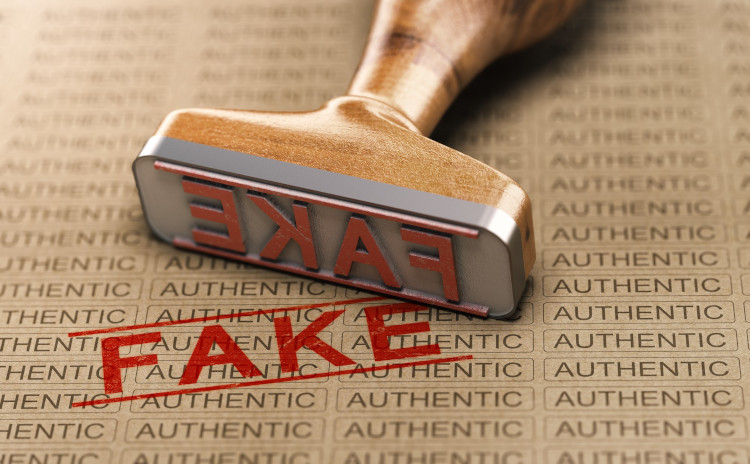Half of young European consumers find it acceptable to buy fakes.
Posted on in Business News
A new study on the perception of consumers towards intellectual property published by the European Union Intellectual Property Office (EUIPO) has found that although 80% of Europeans believe criminal organisations are behind counterfeit products and that buying counterfeits ruins businesses and jobs, one in three Europeans (31%) still find it acceptable to purchase fake goods when the price for the original is too high, rising to half (50%) in the case of younger consumers aged 15-24.

83% of respondents believe that it buying fakes supports unethical behaviour and two-thirds see it as a threat to health and safety and to the environment.
13% of Europeans reported having bought counterfeits intentionally in the last 12 months. This figure goes up to 26% for those aged 15 to 24, twice the EU average, while it drops to 6% in the 55-64 age group and below 5% among those aged 65 and older.
On a country level, the proportion of consumers that have intentionally purchased fakes varies from 24% in Bulgaria to 8% in Finland. Apart from Bulgaria, buying fakes intentionally is above the EU average in Spain (20%), Ireland (19%), Luxembourg (19%), and Romania (18%).
A lower price of original products remains the most mentioned reason (43%) to stop buying fakes. The risk of bad experiences (bad quality products for 27% of people, safety risks for 25%, and punishment for 21%) is also a key driver to stop consumers from buying fakes.
Uncertainty regarding authenticity is also on the rise. Nearly Four in 10 Europeans (39%) have wondered whether they have bought a counterfeit, while half of young people (52%) stated the same.
